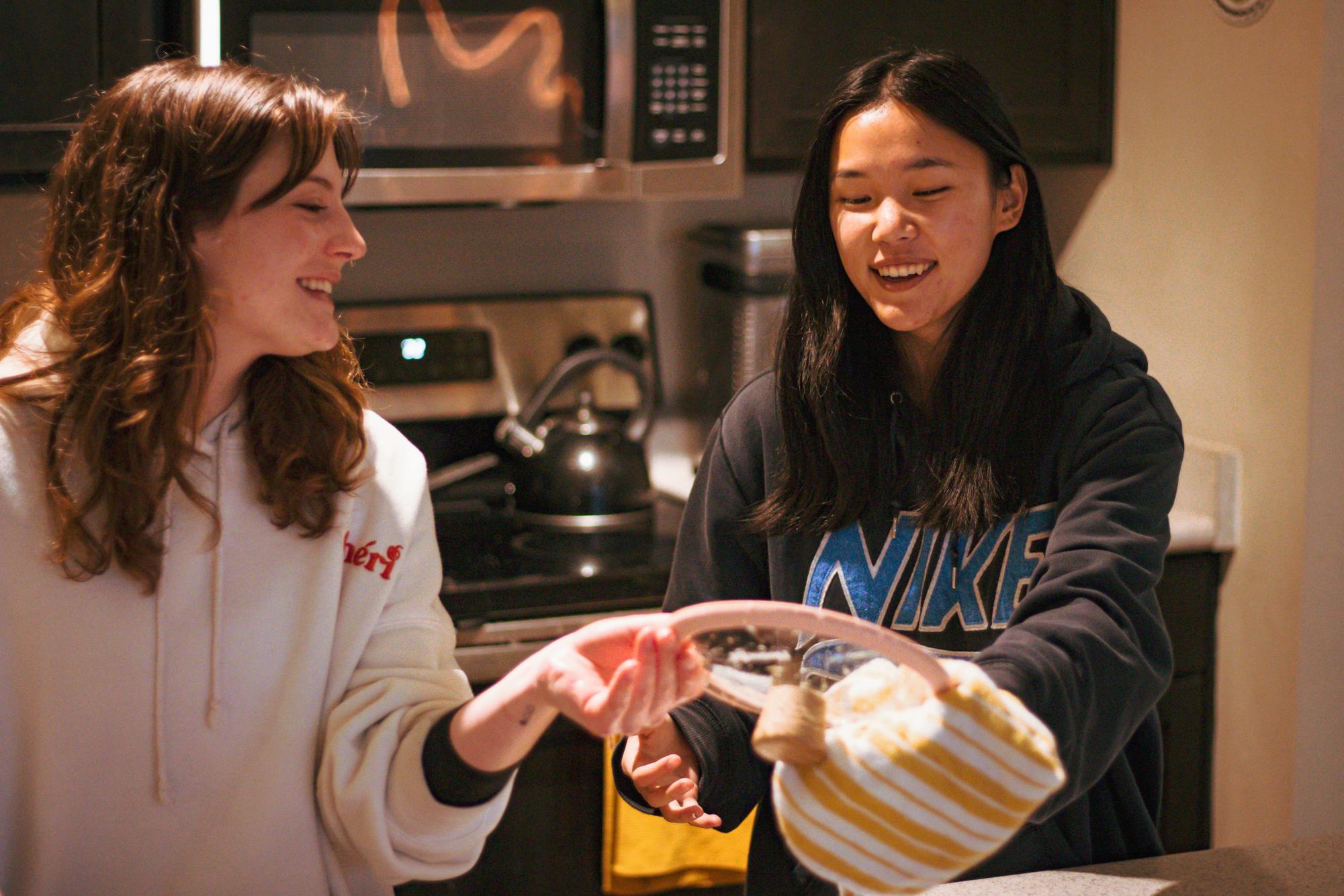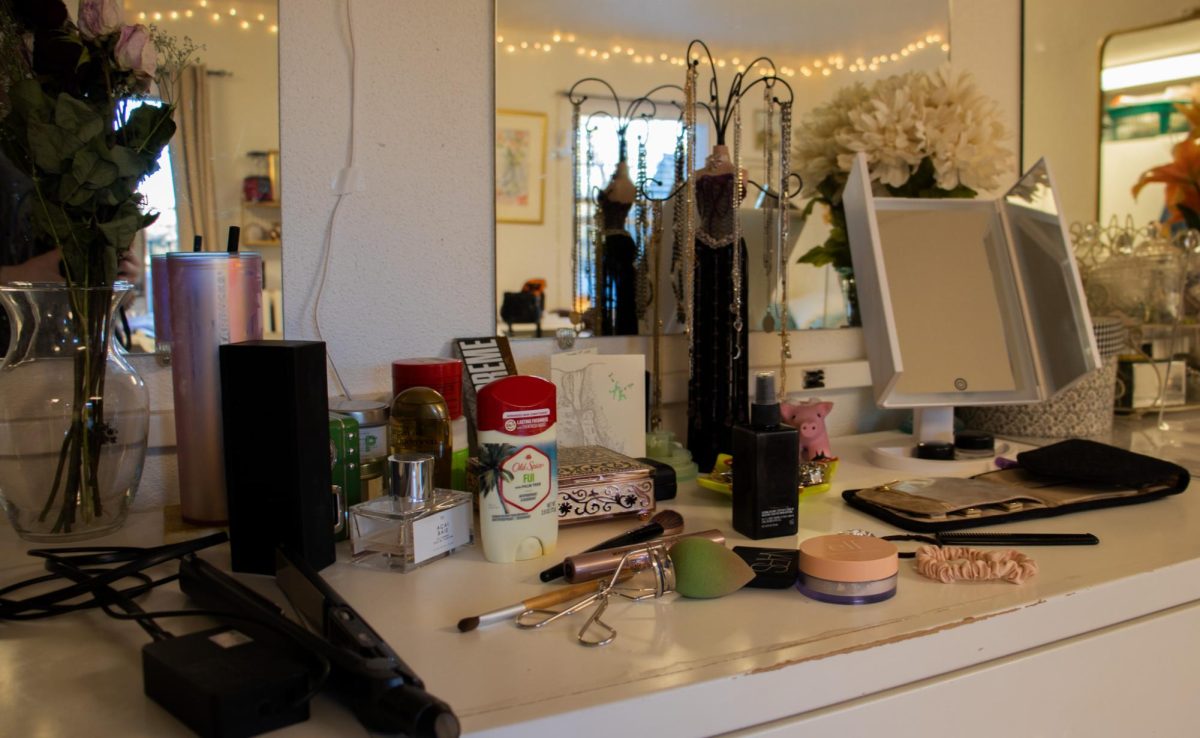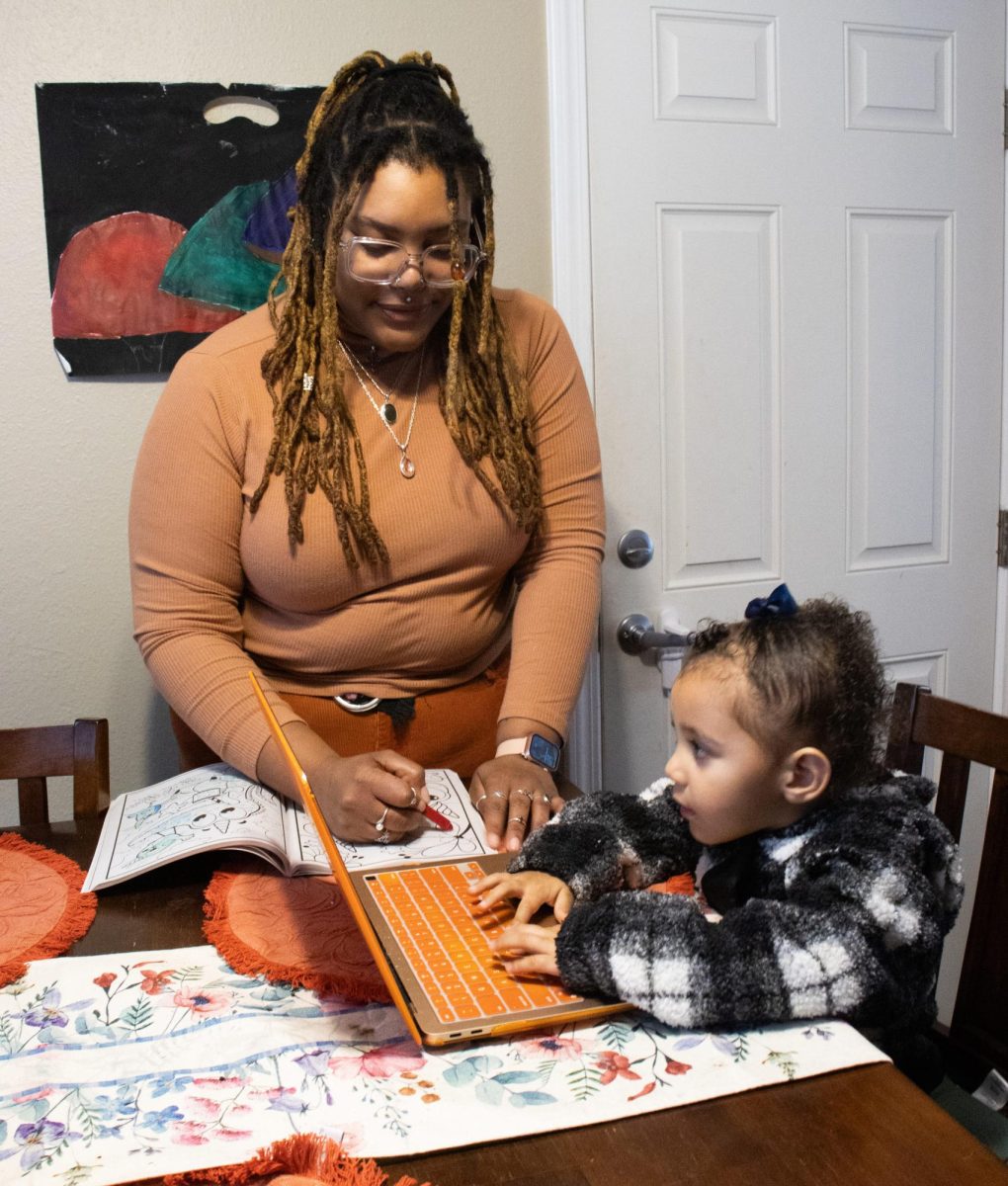Moving out on your own brings on a slew of new experiences, whether it means living on your own, with roommates or with a partner.
Although fresh to a lot of people, luckily the experience itself isn’t unique allowing plenty of predecessors to lend a bit of advice to those who are just now finding themselves in the same position.
According to the United States Census, people between the ages of 25 and 34 are about three times more likely to live with their partner than their younger counterparts, who have a percentage rate of roughly 7% of women living with spouses and 4% of men.
It’s safe to say that people are shacking up with their significant other at one point or another throughout their post-high school life.
Given the opportunity, I then set out to find these said people to give their honest and true opinions, plus helpful tools about coupled living.
Katelyn Schrum, an Oregon State University alumni who graduated in 2020, had been with her boyfriend, Geo Martinez, for seven years and has been living with him for the past five years.
“I was nervous at first, but more so just about living with a partner in general,” Schrum said. “I never really had any type of romantic roommate before, or never really lived with a man, so that was more scary than the partner part, it was really trying to figure out coexisting with a man in my opinion.”
Moving between cities or dorms, the change can bring up all kinds of emotions.
Jess Chancey, an OSU alumni who graduated in 2019, moved in with her partner Noah Meyrovich in 2020, and like Schrum, was also nervous about doing so.
“Sharing space and especially a bedroom with some can be a big risk,” Chancey said. “ When we originally moved in together… It wasn’t as scary for me because it was my space in Corvallis that Noah was moving into. The real fear was most definitely when I moved up to Beaverton after Noah… there were a few months of opportunity for Noah and his roommates to coexist and create this routine that obviously didn’t include me because I wasn’t living there.”
The stories all begin the same. It doesn’t matter who your partner is, it’s normal to feel some apprehension when the process of cohabitating comes into play. It’s about how you handle the tougher situations that can really determine your future as a couple.
Alana Murphy, an environmental science major, started dating their girlfriend Zoe Bensen in 2020 as a long distance relationship and the couple moved in together in June of 2021.
Moving cross country, or any long distance as Murphy and their partner did, creates another layer of complexity in one person leaving their support system to join the others.
“I knew it would change our dynamic a lot because I was going to become reliant in that way, not that I was helpless, it’s that I would have never done this otherwise (without her),” Schrum said. “So I was scared about that but I knew at that point though that long term, realistically it would be fine.”
A common thread between these couples was their communication style and philosophies. Although not identical, each couple spoke to the importance of having a firm basis and fallback of communication in order to build a stronger relationship.
“I have to ask all these questions so that we’re both set up for success basically,” Murphy said. “Being able to balance our strengths and weaknesses together so that we were able to mentally set up what it would look like when we lived together.”
Chancey also echoed the importance of communication.
“As non-monogamous people, definitely the biggest challenge is being on top of communication,” Chancey said. “Make sure to be considerate of the other person since we do live in a shared household… one of us cannot, you know, hog up the space or withhold opportunity fr0m the other person.”
According to Chancey, another challenge is finding a balance with chores.
“Finding out who’s doing chores and when, finding out what chores one person hates and seeing if you don’t hate those,” Chancey said. “Make sure to be honest about how you’re feeling to make sure it doesn’t become this big resentment.”
“I feel like it’s gotten a little (better) over the years but that’s because we both put the work in,” Schrum said. “We’ve definitely had several conversations over the course of living together on how to better communicate and how we both have different boundaries, we both have different levels of cleanliness – which is a big deal – and then talking about how to compromise and deal with those differences have made us come a long way.”
Relationships can come and go but when you’re ready to settle down and take the big move with someone, it shouldn’t be more scary than fun.
“I think the most rewarding part is knowing that he’s going to be here when I come home,” Schrum said. “I have his full support with everything that I do in life and so I like knowing I have someone like that to come home to, someone that’s going to listen to me and talk to me about my day.”


















